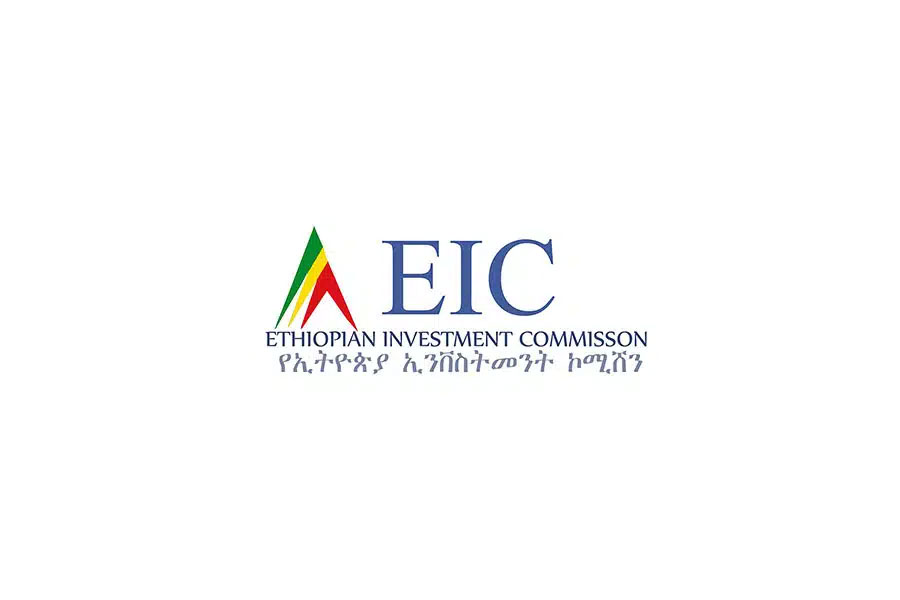
Fortune News | Aug 07,2021
Apr 6 , 2019.
With high national debt levels, double-digit inflation and disappointing domestic tax revenues, assuming more loans and printing money have become all the more complicated. In this atmosphere of financial uncertainties, the characteristic move by EPRDF is to badger private banks to pitch in. This time it is to the tune of 400 million Br for Addis Abeba riverside revitalisation project, the construction of a stadium in Ambo and humanitarian support for the internally displaced,
The solicitation for funds was made at all and that it has caused grumbling and stirred controversy can hardly be surprising. Private banks are already compelled to devote 27pc of their gross loan disbursements to buying National Bank of Ethiopia treasury bills - investments that go toward financing projects by the Development Bank of Ethiopia, the state policy bank.
Now, private banks are asked to contribute 2.5pc of their net profits for pet projects, placing claims to money that rightfully belong to shareholders. The Central Bank has been prodding bank presidents, by solicitous letters and phone calls to come up with the money. With Yinager Dessie (PhD), a key member of the EPRDF, as its governor, the central bank is, like old times, not even pretending to be an independent organ of the government.
There is also the invitations that presidents of the private banks have received to participate in Prime Minister Abiy Ahmed’s (PhD) five-million-Birr fundraising dinner, “Dine for Sheger.” Contributing any portion of net profits is an issue that is determined by the board of directors of the banks, who ultimately are bound by their fiduciary responsibilities to shareholders who elected them.
Given that corporate transparency is not as much as it is hoped for, minority shareholders are largely powerless in the face of major shareholders and board directors - some of whom are under the influence of dominant shareholders. They have little say in the way corporate governance is implemented.
The nation is not in the greatest shape, according to the World Bank’s Doing Business Report. This should mean something given plans to bolster the private sector. The latest index for 2019 puts Ethiopia at 178th out of 190 economies around the world. In fact, Ethiopia performs worse in this regard than even Eritrea - a nation ranked 189th in the Doing Business index.
Weak minority shareholders participation is a compounding factor to the nation’s low level of private investment. Low disposable incomes - the nation’s gross domestic product per capita stands at 883 dollars - and double-digit inflation curtails citizens to spend their meager income in anything other than to fulfill the necessities.
It does not help that there are few investment venues, a small-sized private sector and no stock market in the country. The presence of a stock market would have facilitated the trading of shares and a resultant proper valuation of private companies.
These factors create a situation where investors, by default, tend to be very large shareholders. It is in this atmosphere that the nation is trying to strengthen the private sector. Small time investors, which make up part of Ethiopia’s growing middle class, are indispensable and hence require protection.
Failing to provide small investors with adequate protection would be to disregard the importance of domestic investment and resource pooling at a time when the economy is teetering on the edges.
This does not imply that corporate governance falls into the hands of anyone with a share. After all, the management is hired and board directors are elected with the premise that they have expertise and experience to ensure that a company remains viable and profitable for shareholders. The board of directors is empowered to check management and its members stand for elections periodically.
Such inbuilt safeguards to protect investors though are barely enough. Consider the fact that there is no law requiring shareholders’ rights to inspect transactional documents, or to be consulted when up to 51pc of the company’s assets are sold off.
A balance should be struck that entails management and board directors maintain enough leeway to take risks, while minority shareholders retain rights to decide on the fate of corporations by holding the management and board accountable and ability to veto some of its actions.
Ethiopia can take lessons from Kenya and Rwanda, two high-performing countries in this regard in Africa. This can start by allowing shareholders with a 10pc share to sue for damages that may have been caused to the company and also to have the right to inspect transaction documents.
There also needs to be strict rules on executives of banks becoming members of the board of directors and that compensation to managers is publicly disclosed. Shareholders must be able to have a say when large assets of a company are sold off as well.
This is crucial if Ethiopia is to boost investment activities and the middle class is to participate. Citizens do not have much resources to invest. What little income is gained in Ethiopia is prey to inflation and taxes. Those that manage to save some and invest should be encouraged through the protection of what little they are able to invest. This can only be accomplished if there are clear laws protecting the rights of shareholders.
PUBLISHED ON
Apr 06,2019 [ VOL
19 , NO
988]

Fortune News | Aug 07,2021

Fortune News | Jul 24,2021

Radar | Jul 18,2020

Commentaries | Jun 08,2024

Radar | Mar 16,2024

Fortune News | Mar 25,2023

Radar | Jun 12,2023

Radar | Jun 21,2025

Fortune News | Jul 13,2024

Fortune News | Jul 10,2020

My Opinion | 131507 Views | Aug 14,2021

My Opinion | 127863 Views | Aug 21,2021

My Opinion | 125841 Views | Sep 10,2021

My Opinion | 123471 Views | Aug 07,2021

Dec 22 , 2024 . By TIZITA SHEWAFERAW
Charged with transforming colossal state-owned enterprises into modern and competitiv...

Aug 18 , 2024 . By AKSAH ITALO
Although predictable Yonas Zerihun's job in the ride-hailing service is not immune to...

Jul 28 , 2024 . By TIZITA SHEWAFERAW
Unhabitual, perhaps too many, Samuel Gebreyohannes, 38, used to occasionally enjoy a couple of beers at breakfast. However, he recently swit...

Jul 13 , 2024 . By AKSAH ITALO
Investors who rely on tractors, trucks, and field vehicles for commuting, transporting commodities, and f...

Jun 29 , 2025
Addis Abeba's first rains have coincided with a sweeping rise in private school tuition, prompting the city's education...

Jun 29 , 2025 . By BEZAWIT HULUAGER
Central Bank Governor Mamo Mihretu claimed a bold reconfiguration of monetary policy...

Jun 29 , 2025 . By BEZAWIT HULUAGER
The federal government is betting on a sweeping overhaul of the driver licensing regi...

Jun 29 , 2025 . By NAHOM AYELE
Gadaa Bank has listed 1.2 million shares on the Ethiopian Securities Exchange (ESX),...